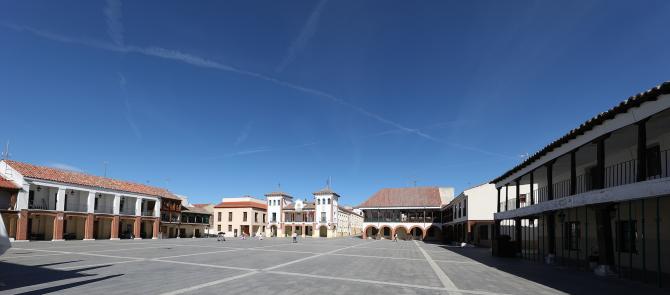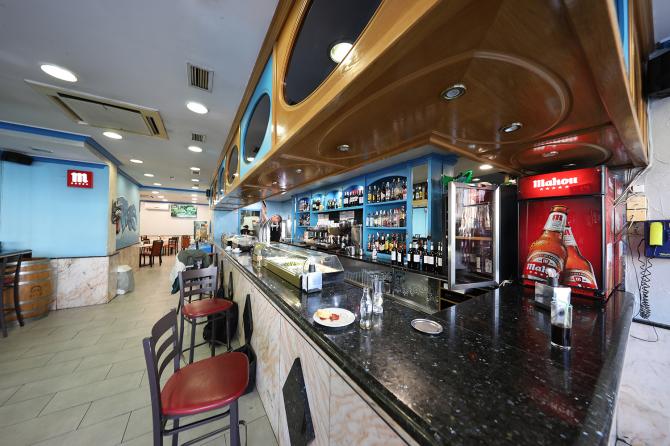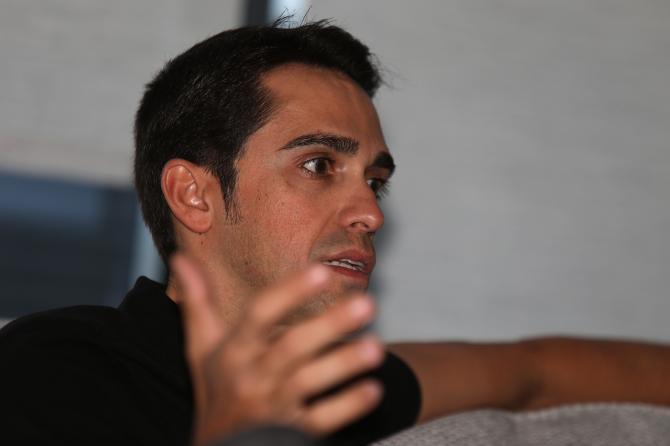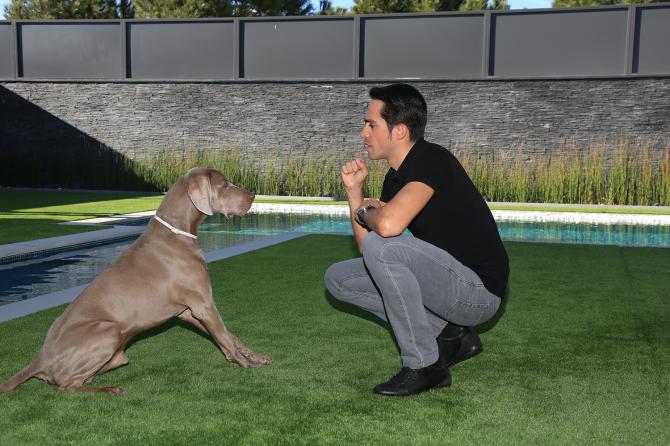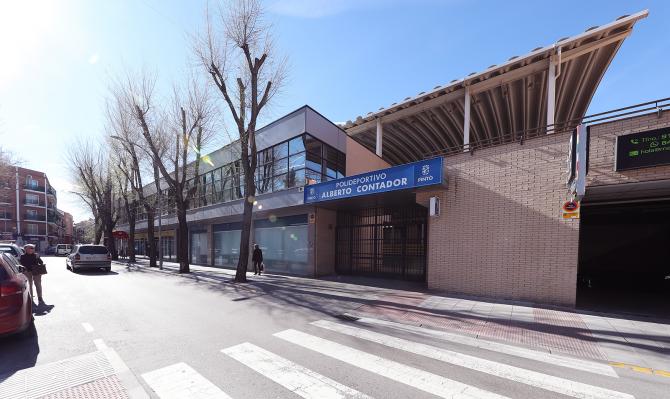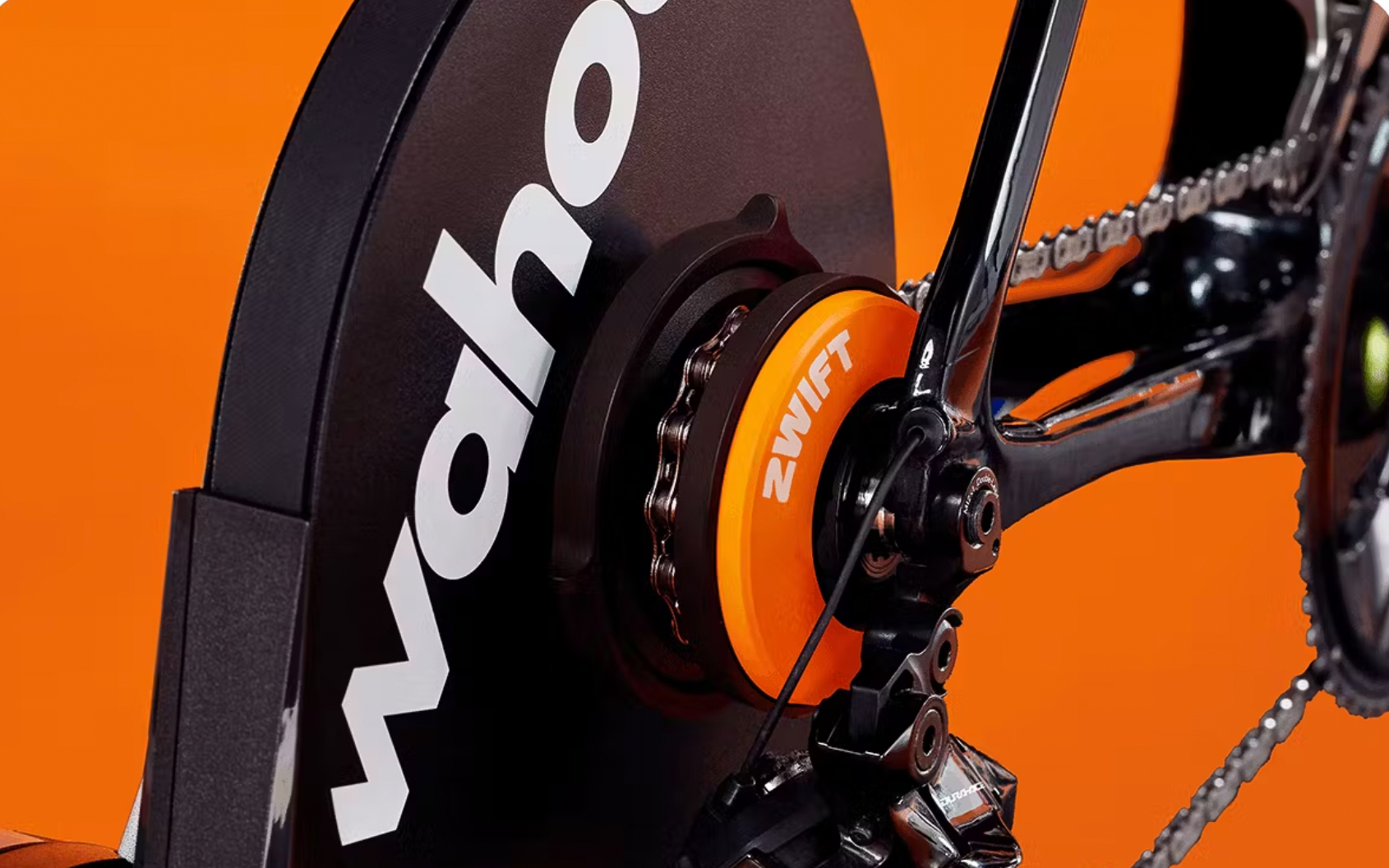Alberto Contador: It's time to enjoy life 100 per cent
Spaniard opens up about life after racing in exclusive interview
The latest race content, interviews, features, reviews and expert buying guides, direct to your inbox!
You are now subscribed
Your newsletter sign-up was successful
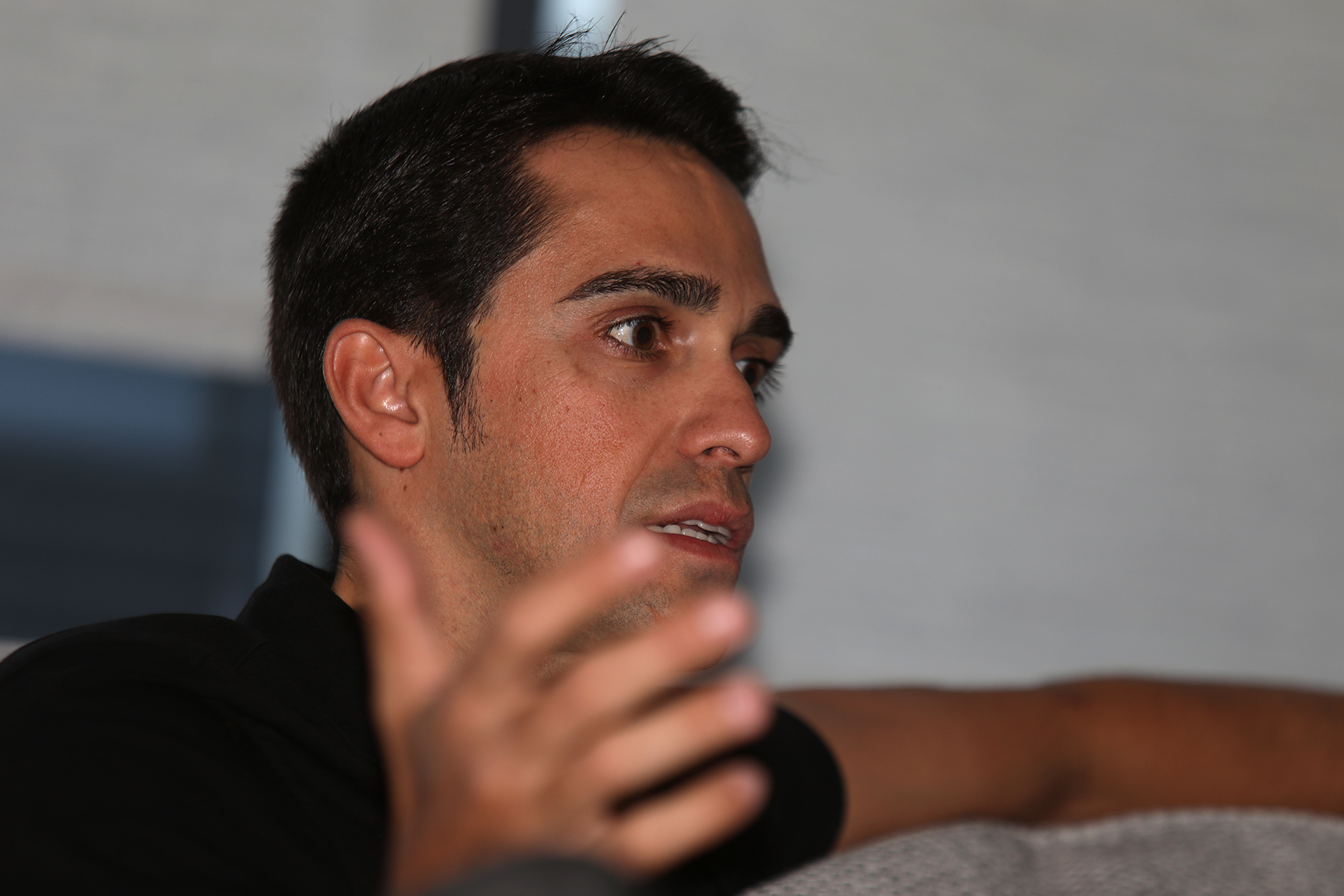
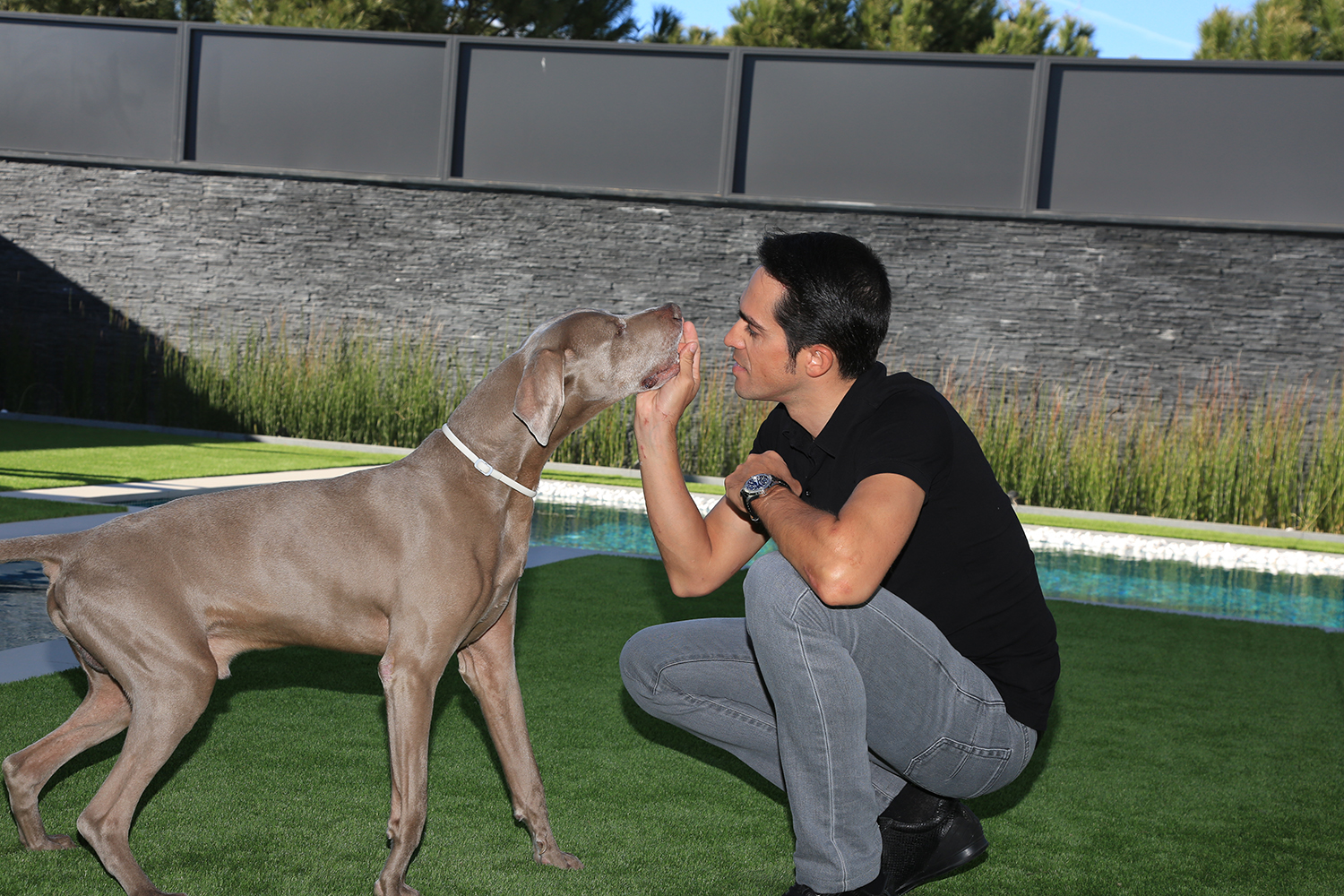
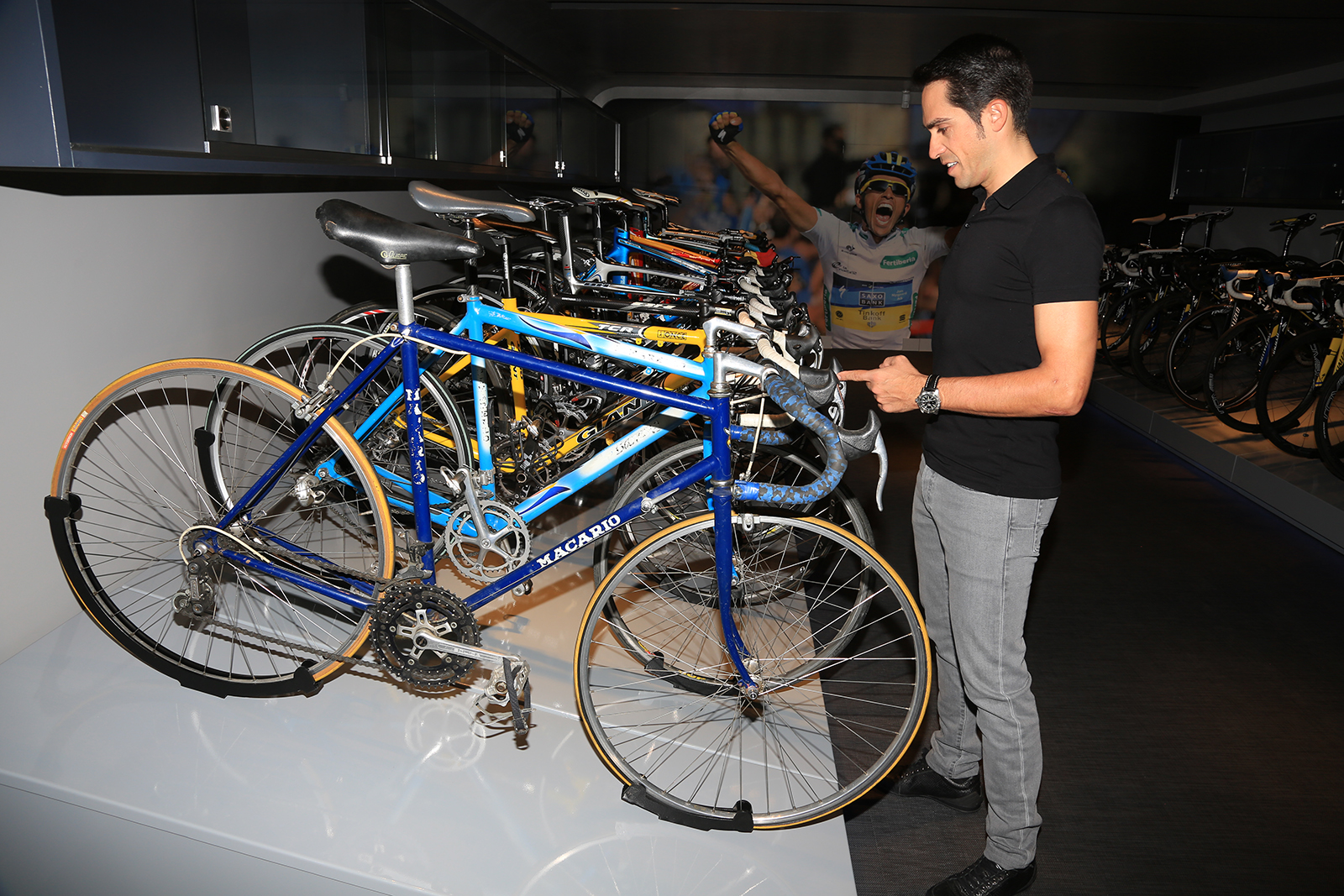
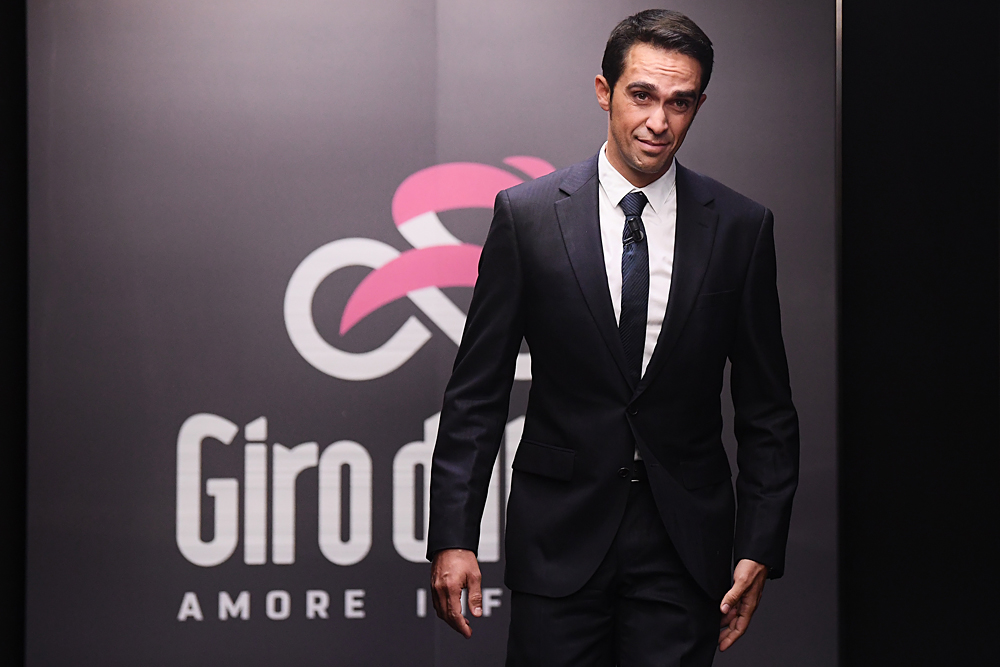
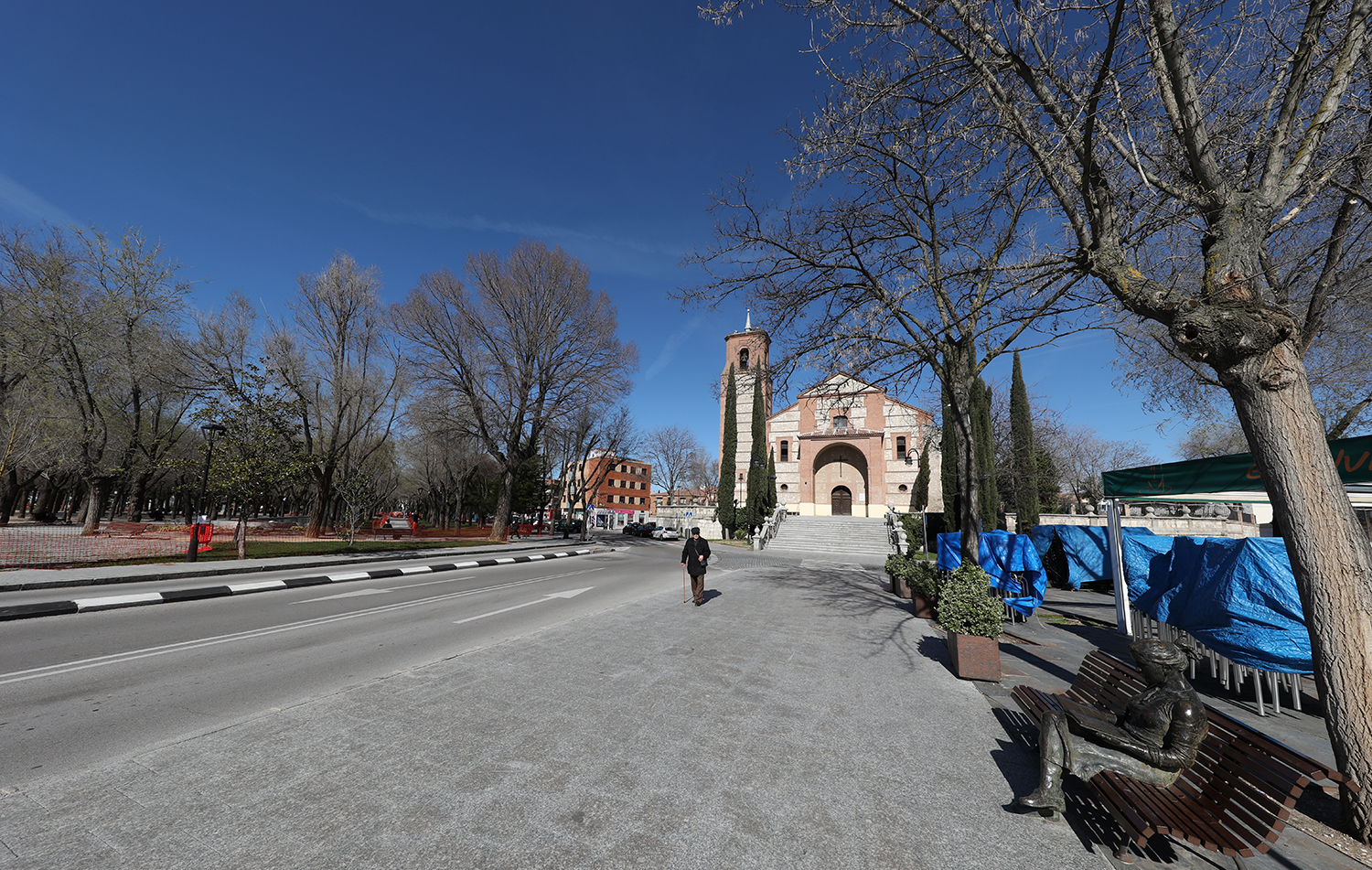
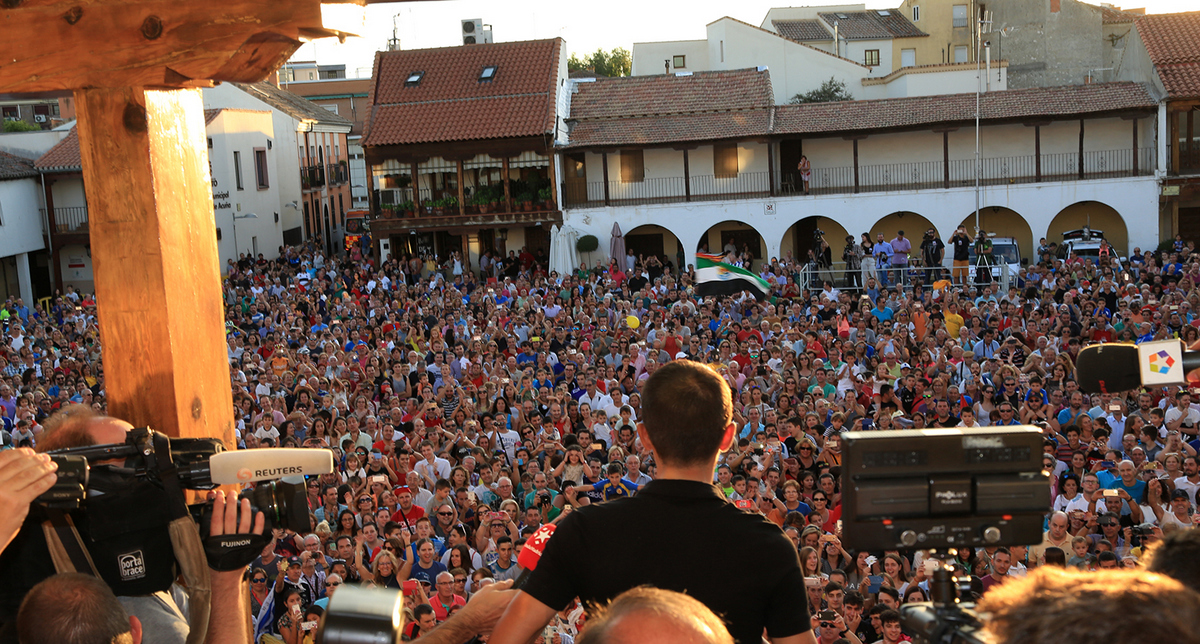
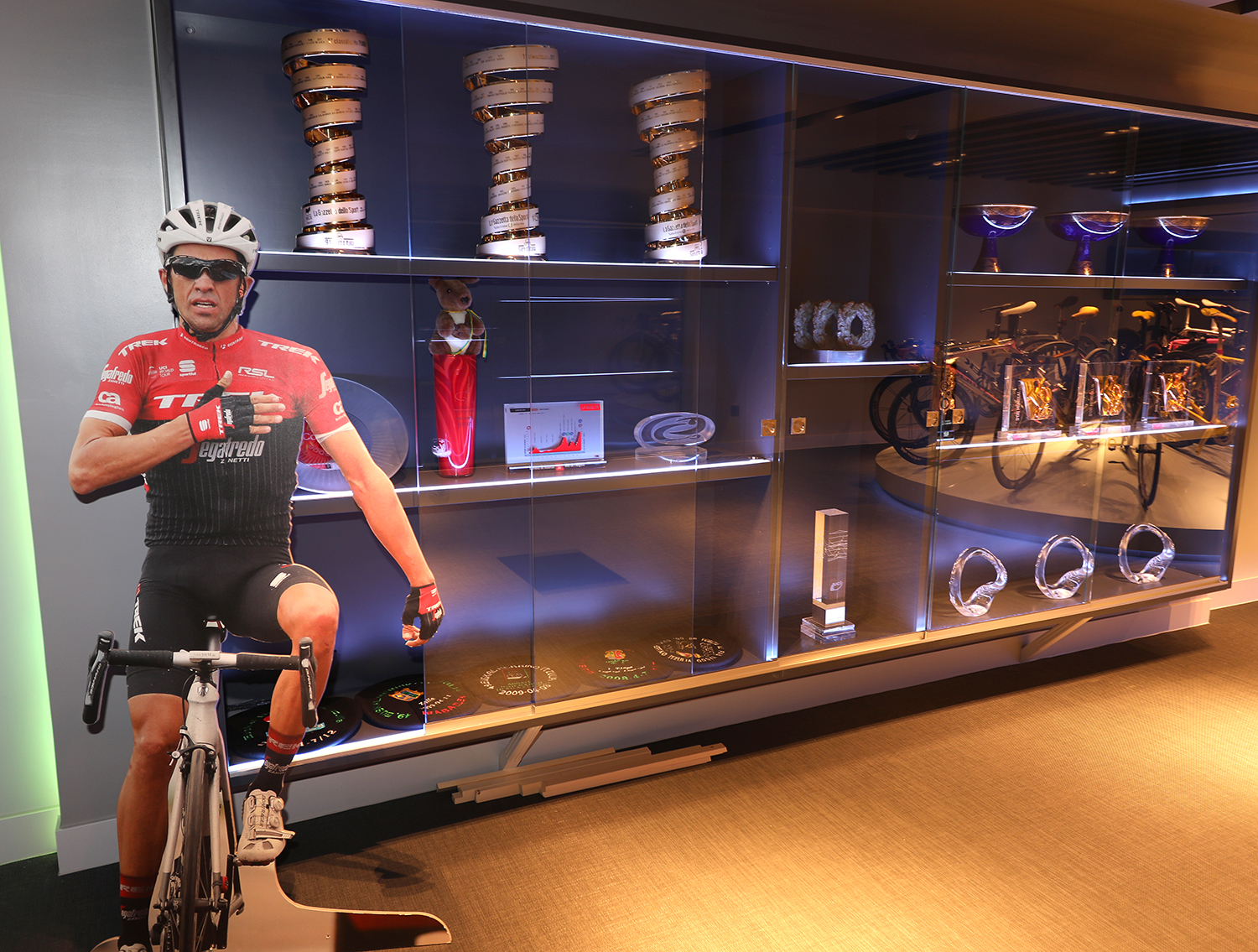
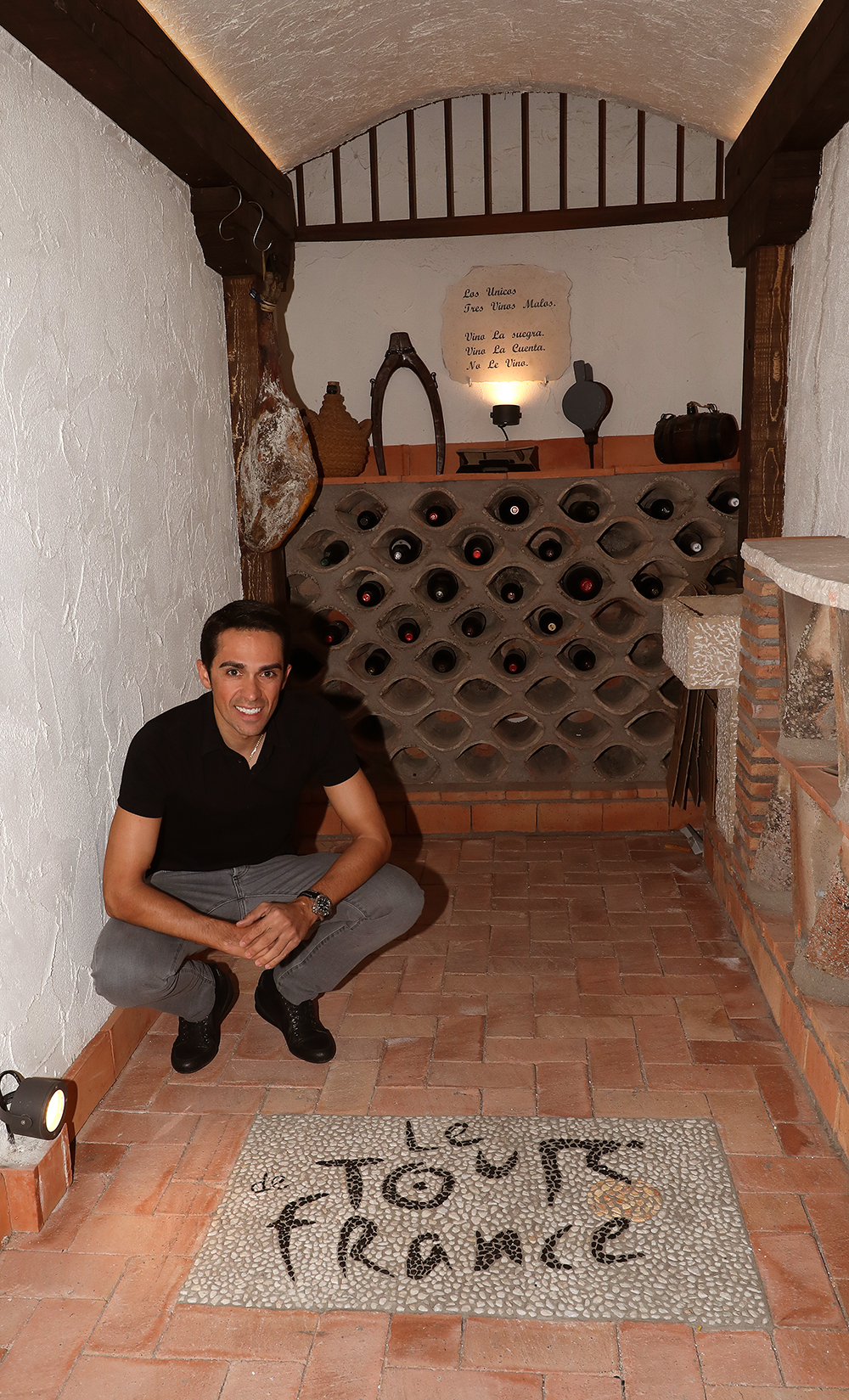
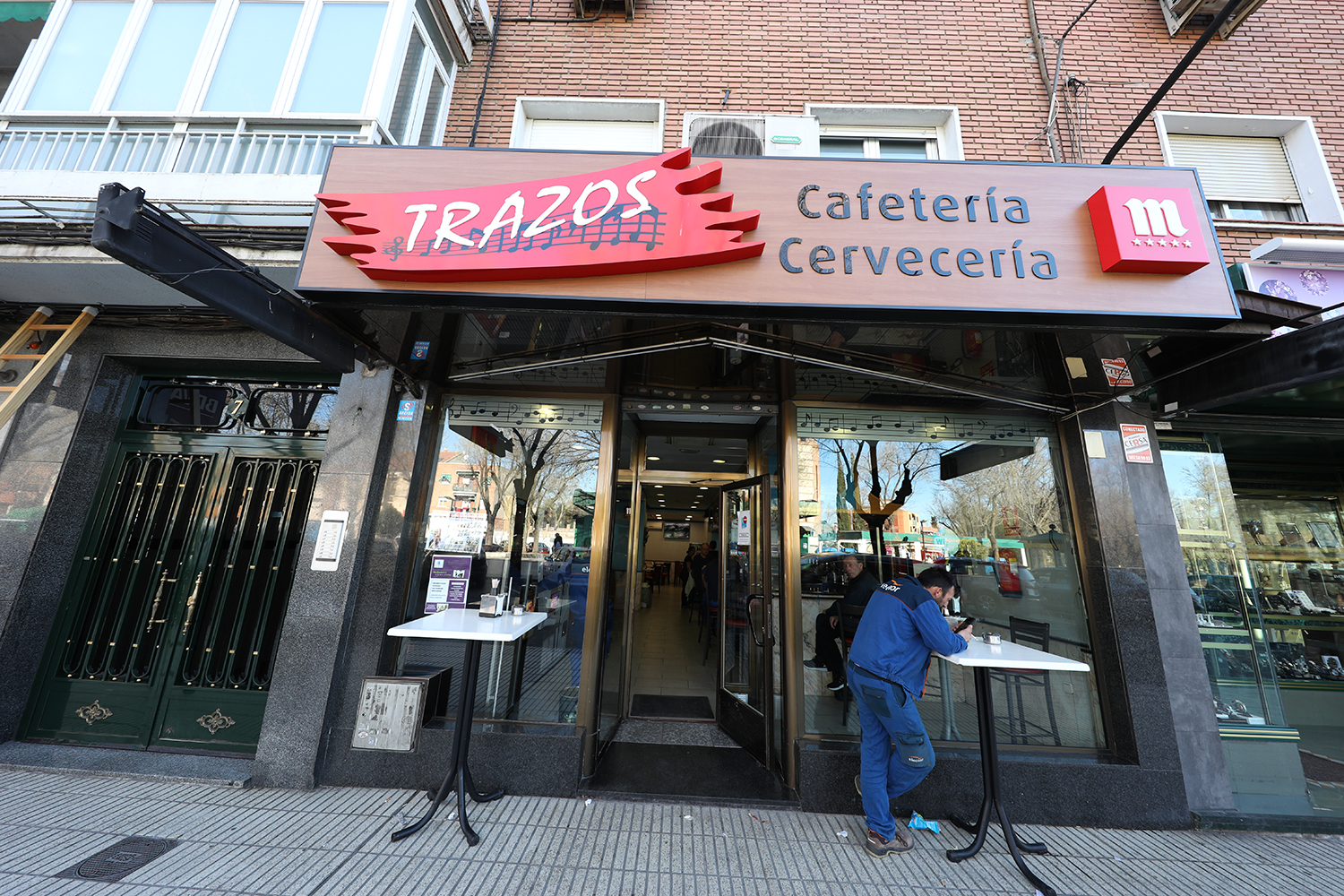
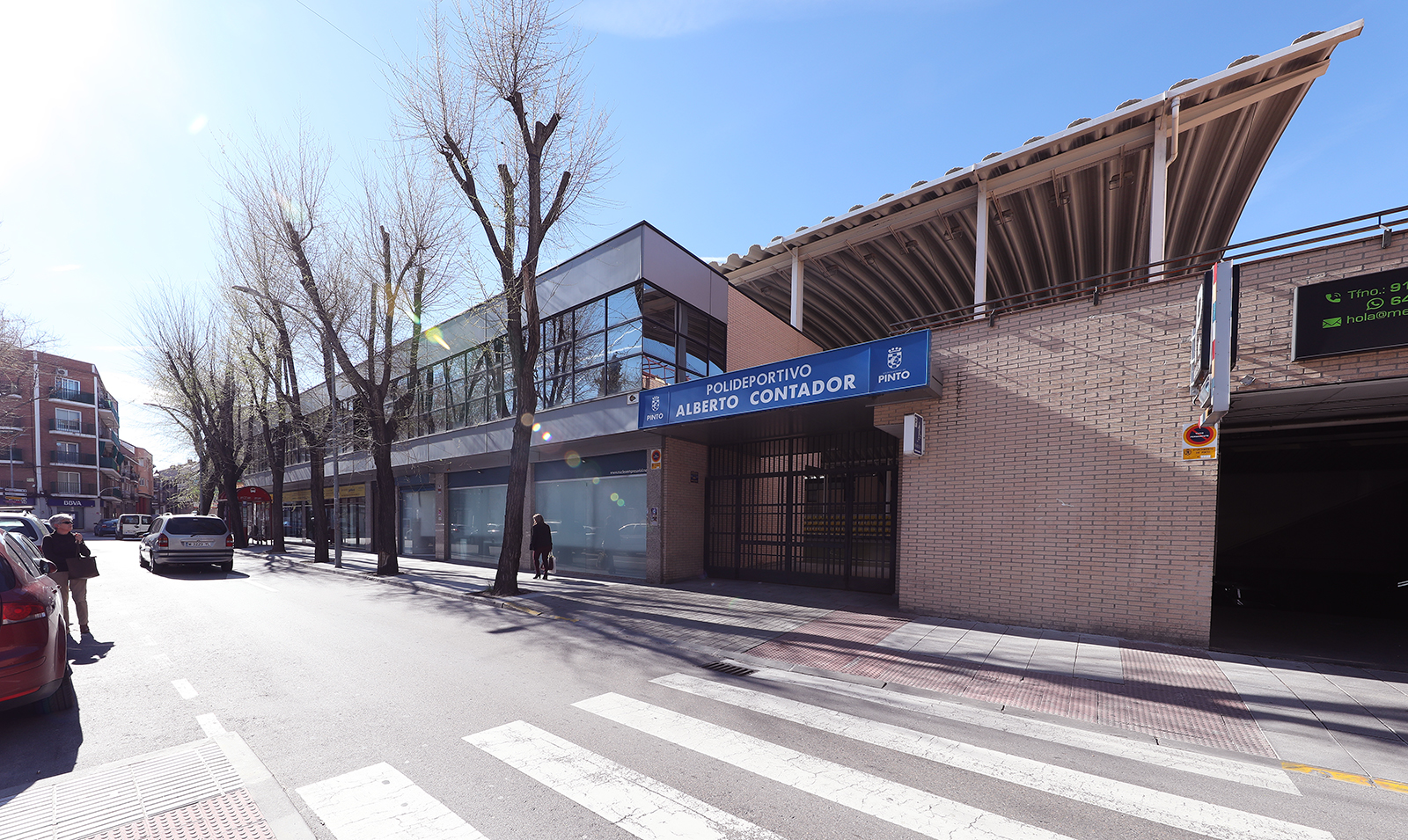
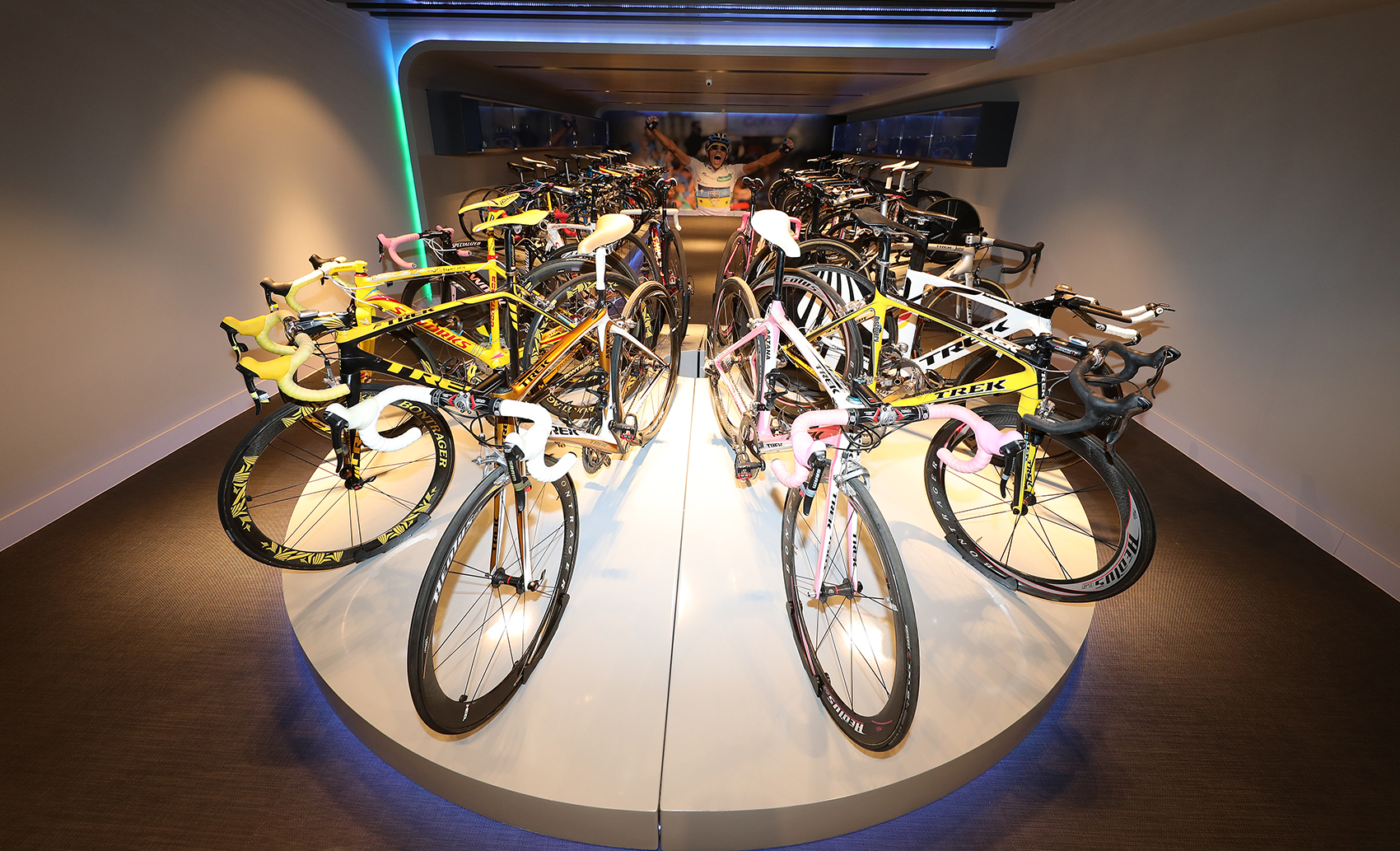
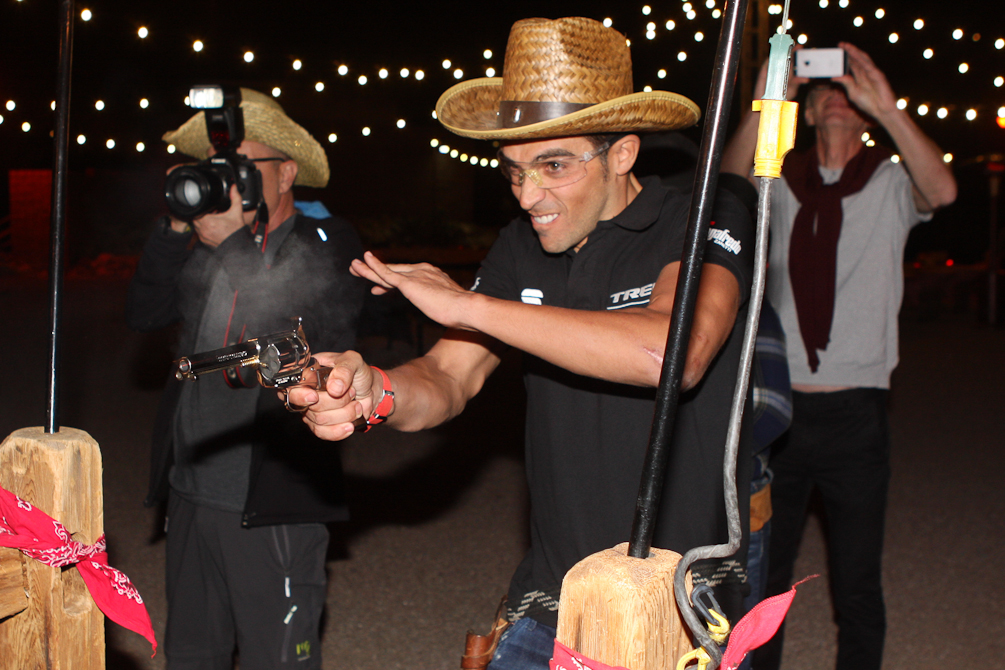
It's a cliché of cycling that when top riders retire, it's always low-key, or a let-down, few go out at the top. To name just a few other multiple Grand Tour winners, think of Eddy Merckx's last race in a kermesse in Belgium, Jacques Anquetil's career petering to a dead end in a criterium in Antwerp, or Miguel Indurain's still-controversial abandon from the 1996 Vuelta a España.
Not so Alberto Contador, who rampaged through the 2017 Vuelta firing off a salvo of attacks, before saving his last big day for his final mountain assault on Spain's hardest single climb, the Angliru. Even though he was on the point of winning the Vuelta himself, it was notable immediately after the Angliru that Chris Froome paid tribute to Contador going out in a blaze of glory, the Briton saying that whenever he retired, he hoped it would be in the same way.
There was another knock-on effect of the Angliru triumph, besides impressing Froome. Such an adrenaline-fuelled and unusual exit path from cycling made it harder, too, to predict Contador's life as a retiree. Put it another way: here was a rider who had made a fine art - perhaps the finest of any modern-day rider - of seemingly spontaneous, impulsive racing. How on earth was someone like that going to adapt to a more normal, planned-out existence? And was he even going to try?
The answer was that, rather than head for far-flung climes and new sporting challenges for thirty-somethings, Contador and his wife Macarena have come back to Spain from Switzerland, where they lived in the last part of his career, to settle permanently in their home town of Pinto.
The Plaza de España in Pinto
Pinto offers what you might call normal Spanish urban existence cranked up to the power of 10. That's because it's one of the multiple semi-industrial small cities on the flatlands just south of Madrid consisting mainly of modern high rise tower blocks, broad tree-lined avenues, and busy, unpretentious bars and restaurants with none of the plush opulence you might find in Lugano, Contador's former Swiss residence.
There are few outwards signs of its most famous citizen, either. Pinto's central square with its 19th century and medieval buildings has its charm, but given it's all but empty when Cyclingnews visits, it's hard to believe this could have been filled with Contadoristas whenever he racked up another Grand Tour victory.
The latest race content, interviews, features, reviews and expert buying guides, direct to your inbox!
In fact, the only public building with a reference to Contador in Pinto is the sports hall named - or rather renamed - after the man who is, if Wikipedia is to be believed, Pinto's one famous citizen. But even the city's polideportivo was built before Contador became famous, and the bar, Trazos, where members of the extended Contador family tend to come for breakfast, has not even one signed jersey on its walls.
The Contadors' local bar
Equally, Contador's house, an ultra-modern building on the outskirts of town inside a high-walled plot of land, has little to give away on the outside that it's home to one of modern-day cycling's most famous racers.
Inside, in spotless, almost spartan rooms furnished in a low key fashion with few personal touches, only the presence of a large Spanish cured ham on the kitchen table suggests that Contador might be opting for some previously forbidden pleasures in life now he has retired. But if so, it would be hard to tell by looking at its owner as he sits down to discuss his life after retirement, given he's only a little heavier than when he was racing.
"Six kilos on top of my in-form weight," Contador tells us, before correcting himself in a sign that the typical pro bike rider's obsession with weight still lives on in him: "No, six and a half."
Some changes, six months on, Contador says, are surprising even him - one being that as he's not racing, he finds he can train a lot harder. "When I go out for a ride, normally with a group of people, I notice that without the racing, I've got a lot of excess energy to use up. As soon as I'm riding through the streets of Pinto I'm going flat out. We go belting around at top speed, sprinting for village signposts, that kind of thing.
"So I've put on six and a half kilos on top of my in-form weight but on top of that I've been working out the upper part of my body a lot more, as I can do that now without worrying that the extra weight affect my racing. And there is another benefit from always going 100 per cent when I was a racer. It means that now, because the difference between my life before and my life now is so great, I can go out, have a nice dinner or drink a glass or two of wine, and I enjoy it a heck of a lot more that I would do if it had been more normal to do that previously.
"It's the same when I'm travelling, as I am a lot right now. You don't have to worry about the air conditioning in the hotel room or in the plane and if you end up staying awake for an entire day because of the time changes when you're flying it really doesn't bother you in the slightest. It all changes completely. I've gone from giving 100 per cent on the bike to being able to enjoying everything, 100 per cent."
Contador talks to Cyclingnews at his home in Pinto
His work schedule is somewhat different, obviously, but whilst Contador made it clear from an early stage that he had no desire to start directing a team, he has remained firmly linked to cycling.
"I've got some personal sponsors, now, to do with the sport, although others are not," he explains. "I'm an ambassador for Trek, and I'll be going to an event in Portugal for them soon, and I'm also working with ASO to be with them at the Etapes du Tour they put on in places like Japan, Thailand, Costa Rica and Mexico.
"I do a lot of conferences for businesses about leadership, teamwork, overcoming difficulties, that sort of thing. But I've also starting work as a race commentator for Eurosport. The truth is I can't complain because I like cycling, I enjoy watching it, and it gives me a chance to see different races."
Contador does not - as some riders say - see the races from a different perspective now he's no longer in the peloton.
"I live through them in exactly the same way and that's the best way to understand. I try to think like the riders would think when they're there, like at San Benedetto del Tronto in Tirreno-Adriatico this year, for example, in the time trial, when it started to rain and you've got your wheels ready for the dry and suddenly you have to change the pressure and everything else. Or if you wanted to do a test of strength on that day, you realise that test is going to have go out the window because you can't take risks on the corners. So I try to see the race as if I was actually there."
He gives another example. "When they cancelled that summit finish at Vallter in the Volta a Catalunya because of the landslides, it would have been bad for me, of course, in terms of the race, particularly because Alejandro [Valverde] is so good at getting the time bonuses in the sprints. But at the same time, it was much better in terms of rider security and good for cycling in general."
Contador with his pet Weimaraner, named Tour
Whilst his work with Trek and ASO is slowly consolidating, one area of Contador's work with cycling - his Foundation, which started in 2012 - has been fully up-and-running for several years. However, as he points out, the Foundation is far from being, as the saying goes, 'all about the bike'. Rather, one of the Foundation's most important goals is creating projects designed towards raising awareness about strokes, a health condition which Contador logically feels very strongly about on a personal level.
"One of our biggest aims is to teach people to learn more about the symptoms, because that's what's fundamental to preventing strokes from happening," he says. "It happened to me in 2004, quite a while ago, but from my position now I can help in that awareness-raising process a lot more. People still don't realise strokes are the second highest cause of premature deaths, in Spain at least, and the highest in women. That's higher than cancer, for example."
Whilst that particular goal stretches back to the Contador Foundation's earliest days, the Foundation's work with the teams have expanded considerably since then. "We didn't just want a junior squad but we did want to build it up from there," Contador says, "but we wanted to do all of that without any particular speed or a schedule, just let it grow at its own natural pace. What we're doing there is because I like doing it, and in a certain way it's like I can give back what I got from cycling to the sport again.
"Obviously the arrival of Ivan Basso has been very important for us for the Continental team" - Trek's development team which the Italian directs - "as well as his working with Trek itself. Creating the series of teams from the junior level upwards has been very important, I think. And if we go on like this, who knows if close in the future we'll be able to have a Pro Continental team as well, or, if we get the right sponsor, something in the WorldTour?
"But that's a question of doing things in the right way and without any kind of pressure. There's no time schedule on this one. When we can move up another level, we will."
For Contador on a personal level, returning to Pinto enables him to see how his Foundation is developing young riders from the town, which is, he says, is very satisfying. "And then there's the pleasure you feel when riders from elsewhere, too, want to come here to be part of the team. As well as good riders, they're good people, too. That's important."
The sports centre in Pinto is named after Contador
One thing he and his wife Macarena were certain they wanted to do after his retirement was remain in Pinto, partly because both their families are from the town, partly because they form part of the community there, and partly because Contador says it's more straightforward for him as a person.
"Inside Pinto, people know who I am and they want to have photos with me. But I can have a pretty normal life, people seem to be very affectionate towards me and I try to enjoy that. If they ask for photo, it's all very respectful. Up to a point, it's part of your career. And in Madrid, it's pretty much the same. I'm lucky.
"We were both sure we wanted to come back. It was great when I moved to Lugano, because Bjarne [Riis] advised me to do that, it meant I could concentrate 100 per cent on my career - I wasn't constantly being distracted by one thing or another, which inevitably is what happens when you're at home.
"Now if I'm still going flat-out, it's out of choice; it's because I don't like stopping and not doing anything. I believe you have to live each day as if it's your last.
"But home is home and I feel really lucky with how the people treat me here as well as my family being here too. Overall, I'm in a very good place."
Alasdair Fotheringham has been reporting on cycling since 1991. He has covered every Tour de France since 1992 bar one, as well as numerous other bike races of all shapes and sizes, ranging from the Olympic Games in 2008 to the now sadly defunct Subida a Urkiola hill climb in Spain. As well as working for Cyclingnews, he has also written for The Independent, The Guardian, ProCycling, The Express and Reuters.
